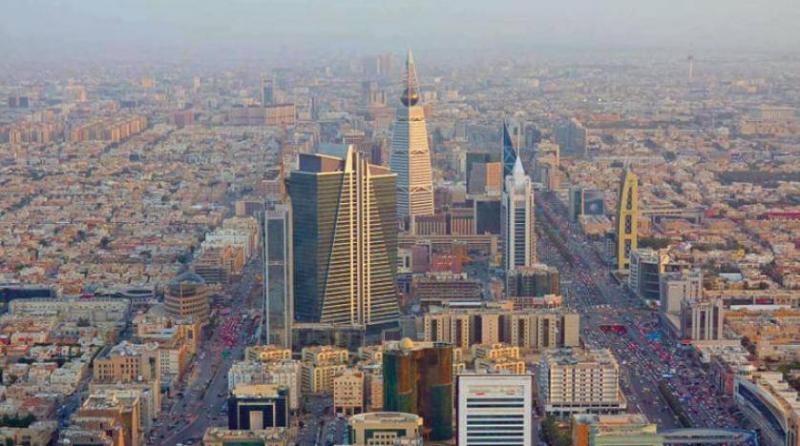Under the title "Saudi Arabia Seeks to Accelerate Privatization to Reduce Budget Deficit," Bloomberg Asharq reported that Saudi Arabia hopes to expedite privatization efforts to decrease the budget deficit that inflated in 2020 due to the pandemic and declining oil revenues. Rayan Najadi, CEO of the National Center for Privatization, stated in an interview that the kingdom aims to conclude deals in the infrastructure sector worth about 15 billion riyals (4 billion dollars) with private sector investors during 2021, marking the largest deal volume since the establishment of the National Center for Privatization in 2017. He added that the kingdom also aims to complete several asset sales during 2021, though he declined to disclose the value of the asset sales.
**Slow Progress on the Plan**
The progress on the privatization plan in Saudi Arabia has been slower than anticipated since Crown Prince Mohammed bin Salman launched his economic transformation plan in 2016, which included plans to sell stakes in utilities, football clubs, flour mills, and medical facilities. Since then, the government has managed to sell stakes in assets like Saudi Aramco and flour mill companies. Additionally, the Saudi government has signed deals with private investors to build new schools, but it has not lived up to expectations to raise 200 billion dollars in the first few years of its privatization efforts.
Najadi mentioned, "We have high expectations for the number of public-private partnerships and stake sales that we will see in 2022 and 2023." He added, "We have a clear set of deals… we just need to prioritize them. The picture is clearer than what we were doing two or three years ago." Najadi, a former banker at HSBC, was appointed by the Saudi Ministry of Finance in 2019 to establish a privatization unit before taking on the role of CEO of the National Center for Privatization later that year.
**Initial Tasks**
One of Najadi's first tasks was to issue the privatization law approved by the government. He stated that the law, which was enacted in March, aims to accelerate the process by eliminating various approvals and exemptions from the cabinet. He also noted that some deals take longer because they are unprecedented in the country, saying, "Once those first-of-their-kind deals are finalized, we will see much faster progress."
Saudi Arabia raised 800 million dollars from the full stake offering in two of the four flour mill companies, following the sale of two companies in the same sector worth 740 million dollars in 2020. However, the sale process for the flour companies took five years to complete. The kingdom is also expected to sell a stake in the Ras Al Khair desalination and electricity generation plant later in 2021, with proceeds in several billion dollars.
Although the National Center for Privatization is the main privatization authority, it did not participate in the sale of shares in Saudi Aramco or the leasing rights to its oil pipelines, which raised 12.4 billion dollars earlier this month. Instead, the center focuses on establishing new infrastructure projects developed by the private sector to avoid the government having to pay contracts to construction companies for their establishment.
The National Center for Privatization has also been involved in asset sales in non-oil and gas sectors, such as water desalination plants. The center's activities align with the broader trend from the kingdom to balance the budget, partly by transferring investment expenditures from the government's balance sheet and using the sovereign fund to develop new projects. Najadi stated, "We do not view this as just a financing tool to delay payment - not at all... privatization is here to stimulate the economy and ensure our continued attractiveness to investors and international lending entities."




